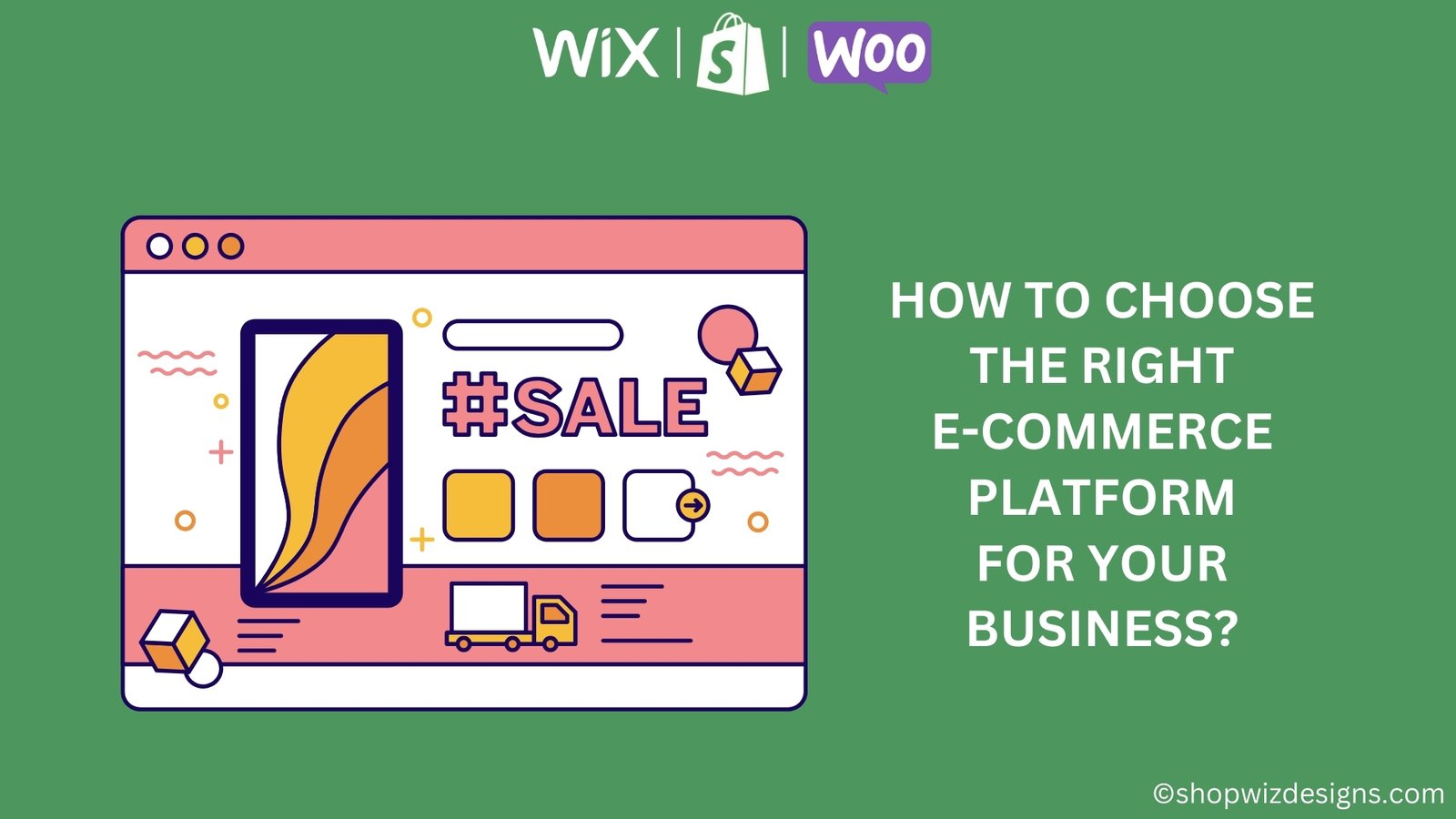
In today’s digital age, selecting the right e-commerce platform is crucial for the success of your online business. With a myriad of options available, each offering different features and functionalities, it can be overwhelming to make the right choice. In this comprehensive guide, we’ll delve into the key factors to consider when choosing an e-commerce platform that best suits your business needs.
Define Your Business Requirements
Before embarking on your search for an e-commerce platform, it’s essential to have a clear understanding of your business requirements. Consider factors such as the size and nature of your business, the volume of products you intend to sell, your target audience, and your budgetary constraints. This initial assessment will help narrow down your options and ensure that you select a platform that aligns with your specific needs.
Assess the Platform’s Features and Functionalities
One of the most critical aspects of choosing an e-commerce platform is evaluating its features and functionalities. Look for a platform that offers essential features such as customizable templates, secure payment gateways, inventory management, order processing, and customer support. Additionally, consider any unique requirements your business may have, such as multilingual support, integration with third-party tools, or advanced marketing capabilities.
Consider Scalability and Flexibility
As your business grows, your e-commerce platform should be able to scale and adapt to your evolving needs. Choose a platform that offers scalability and flexibility, allowing you to easily add new products, expand into new markets, and accommodate increased traffic and sales volumes. Additionally, ensure that the platform supports seamless integration with third-party applications and services, enabling you to extend its functionality as needed.
Evaluate Pricing and Costs
E-commerce platforms come with varying pricing structures, ranging from subscription-based models to pay-as-you-go plans. Evaluate the pricing and costs associated with each platform, taking into account factors such as monthly fees, transaction fees, add-on costs, and any hidden charges. Choose a pricing plan that fits within your budget while providing the features and support you need to grow your business.
Assess User-Friendliness and Ease of Use
An intuitive and user-friendly interface is essential for both you and your customers. Evaluate the platform’s usability from both perspectives, considering factors such as ease of setup, navigation, product management, and checkout process. Look for a platform that offers a seamless user experience, allowing you to manage your online store efficiently while providing a hassle-free shopping experience for your customers.
Review Security and Compliance
Security is paramount in e-commerce, especially when handling sensitive customer information and processing online payments. Choose a platform that prioritizes security and compliance, implementing robust security measures such as SSL encryption, PCI DSS compliance, and regular security updates. Additionally, consider any regulatory requirements specific to your industry or region and ensure that the platform meets those standards.
Seek Customer Support and Resources
Reliable customer support is invaluable when running an online business. Evaluate the level of customer support provided by each e-commerce platform, including available support channels, response times, and support documentation. Look for platforms that offer comprehensive support resources, including tutorials, guides, forums, and dedicated customer support teams, to assist you in resolving any issues or challenges that may arise.
Consider Integration and Customization Options
Integration with third-party tools and services can enhance the functionality and capabilities of your e-commerce platform. Evaluate the platform’s integration options, ensuring compatibility with your existing systems, such as accounting software, email marketing platforms, and inventory management tools. Additionally, assess the platform’s customization options, allowing you to tailor the look and feel of your online store to align with your brand identity and unique requirements.
Conclusion
In conclusion, choosing the right e-commerce platform is a critical decision that can have a significant impact on the success of your online business. By carefully evaluating factors such as features and functionalities, scalability, pricing, user-friendliness, security, customer support, integration, and customization options, you can select a platform that meets your business needs and sets you up for long-term growth and success.

Leave a Reply